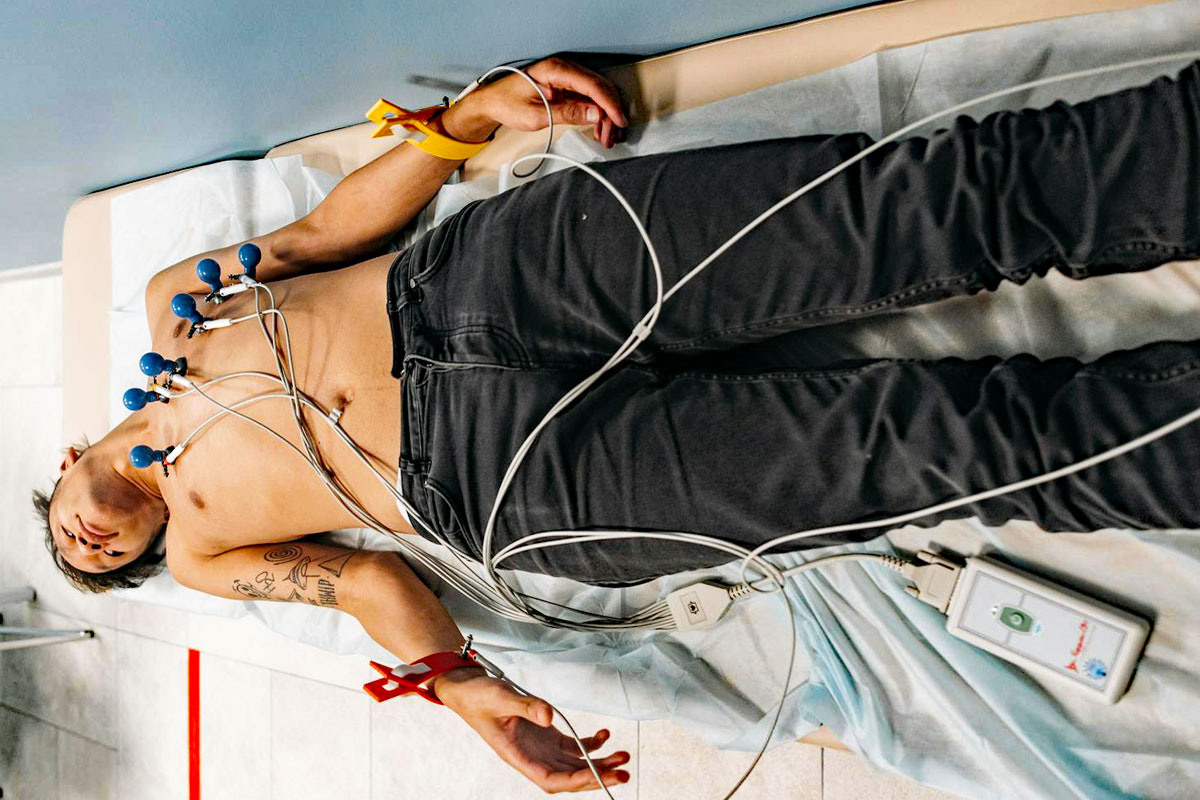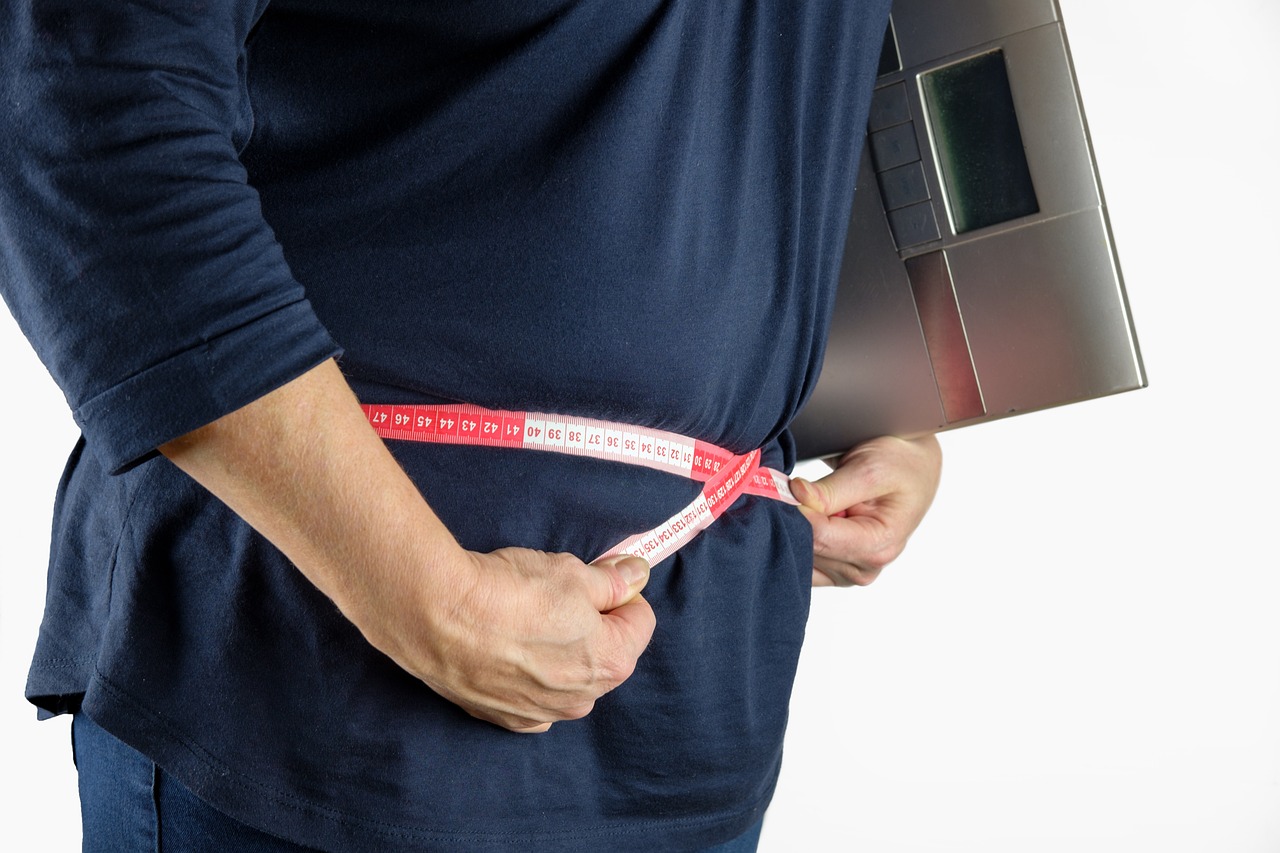Water is often underestimated in its importance, especially in a world filled with enticing alternatives like coffee, soft drinks, and energy beverages. Many drinks claim to be as good as or better than water for hydration, but when examined closely, they often fall short. Let's dive into why drinking plain water is crucial and how other beverages can sometimes do more harm than good.
The Unique Benefits of Water
Water is essential for life. It supports every system in the body, from digestion and metabolism to circulation and temperature regulation. Unlike many other beverages, water is free of added sugars, artificial ingredients, or stimulants, making it a pure and unadulterated way to hydrate. Water not only replenishes fluids but also helps flush out toxins, regulate body temperature, and maintain the balance of bodily fluids.
Moreover, water has zero calories, making it an ideal choice for those aiming to manage their weight. Unlike sugary drinks that can lead to weight gain and energy crashes, water provides a steady and reliable source of hydration without any negative side effects.
The Problem with Caffeinated Beverages
Beverages like coffee, tea, and energy drinks often contain high levels of caffeine. While moderate caffeine consumption can have benefits, such as increased alertness and improved mood, these drinks can also act as diuretics. Diuretics increase urine production, leading to a net loss of fluids in the body rather than proper hydration.
Caffeine stimulates the adrenal glands, which can lead to temporary energy boosts but also cause dehydration if consumed excessively. This effect is particularly problematic during or after intense exercise when the body desperately needs to rehydrate. Additionally, caffeine can disrupt sleep patterns and cause jitters, making water a safer and more balanced option for hydration.
Soft Drinks: A Sugar Bomb
Soft drinks and sodas may be tempting, but they come with a host of problems. The high sugar content in these beverages can lead to a rapid spike in blood sugar levels, followed by a crash that leaves you feeling fatigued. A standard can of soda contains over nine teaspoons of sugar, which is far above the recommended daily limit for added sugars. This excessive sugar intake not only contributes to weight gain but also increases the risk of type 2 diabetes, heart disease, and dental problems.
Furthermore, many soft drinks are loaded with artificial ingredients and preservatives, which can be harmful over time. The presence of phosphoric acid in sodas can also deplete calcium levels in the body, weakening bones and increasing the risk of osteoporosis.
Fruit Juices: Not Always the Healthy Choice
Fruit juices are often marketed as healthy alternatives, but they can be deceiving. While natural fruit juices do contain vitamins and antioxidants, many store-bought options are loaded with added sugars and lack the fiber found in whole fruits. This makes them less filling and more likely to cause blood sugar spikes, similar to those caused by soft drinks.
Even 100% fruit juices can be problematic if consumed in excess. The natural sugars in fruit juice can stimulate the pancreas, potentially leading to insulin resistance over time. If you enjoy fruit juices, it’s best to consume them in moderation and opt for freshly squeezed or low-sugar versions.
Sports Drinks: Necessary or Overrated?
Sports drinks are often advertised as the perfect solution for hydration during or after exercise. While they can be beneficial for athletes engaging in prolonged or high-intensity workouts, the average person doesn’t need the added sugars, artificial flavors, or syrups that many of these drinks contain. These ingredients can negate the benefits of rehydration, especially when consumed in large quantities.
For most people, water is sufficient to stay hydrated during exercise. If you feel the need for electrolytes, you can opt for natural alternatives like coconut water or homemade electrolyte drinks using salt, lemon, and honey. These options provide hydration without the unnecessary additives found in commercial sports drinks.
The Importance of Hydration During Exercise
During physical activity, your body loses water and electrolytes through sweat. Staying hydrated is essential for maintaining performance, preventing cramps, and avoiding heat-related illnesses. Water remains the best choice for hydration due to its simplicity and effectiveness. It is quickly absorbed and doesn’t contain any substances that might interfere with the body's natural processes.
For high-intensity or long-duration workouts, small amounts of electrolyte powders or tablets can be added to water to replenish lost minerals like sodium and potassium. However, this should not replace the primary role of water as your go-to hydration source.
Hydration Myths: Debunking Common Misconceptions
One common myth is that any beverage can count toward your daily hydration needs. While technically true, not all beverages hydrate the body equally. Drinks with high sugar, caffeine, or alcohol content can have a net dehydrating effect, counteracting the benefits of the water they contain.
Another misconception is that you need to drink eight glasses of water a day. While this is a good baseline, individual hydration needs vary based on factors like age, activity level, and climate. Listening to your body and drinking when you feel thirsty is a more effective way to stay properly hydrated.
Making Water More Appealing
If you find plain water boring, there are many ways to enhance its flavor without compromising its benefits. Adding slices of fresh fruit like lemon, lime, or cucumber can make water more enjoyable. Herbal teas without added sugar are another excellent option for those looking for a bit of variety while staying hydrated.
Investing in a reusable water bottle and keeping it with you throughout the day can also serve as a reminder to drink more water. Over time, building the habit of choosing water over other beverages will become second nature.
Conclusion: Water as the Ultimate Beverage
Water is unparalleled in its ability to hydrate the body effectively and without side effects. While other beverages may have their place in certain situations, none can replace the essential role that water plays in maintaining overall health and well-being. By prioritizing water and limiting sugary, caffeinated, and artificially flavored drinks, you can support your body’s natural processes and enjoy better energy, focus, and long-term health.













